Category: Branches of Philosophy
-
Should We Fear Death?
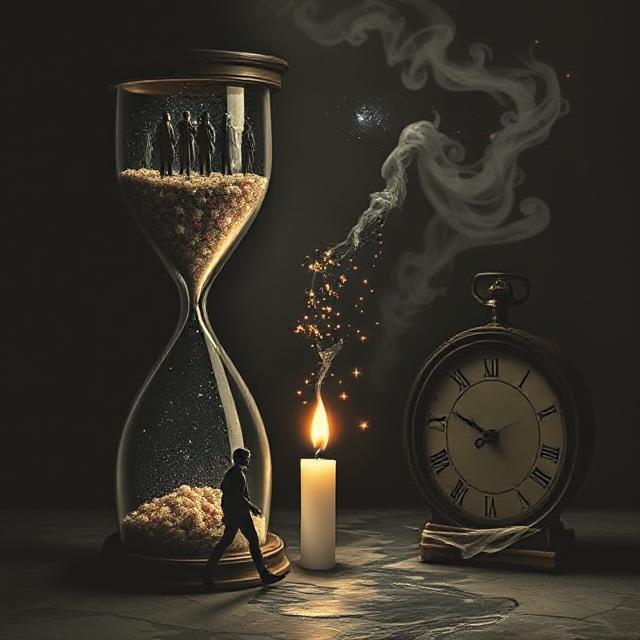
Should We Fear Death? Death is the one certainty of life and yet remains one of humanity’s greatest fears. The question “Should we fear death?” has occupied thinkers, spiritual leaders, and everyday people for centuries. It touches on deep existential concerns about the meaning of life, what (if anything) lies beyond, and how we confront…
-
Is Knowledge Justified True Belief?

Is Knowledge Justified True Belief? For centuries, philosophers have wrestled with a deceptively simple question: What is knowledge? The classical answer, dating back to Plato, is that knowledge is justified true belief. But is this definition sufficient? Can having a belief that is both true and justified guarantee knowledge? This article explores the classical definition…
-
Is Time Real or a Human Construct?
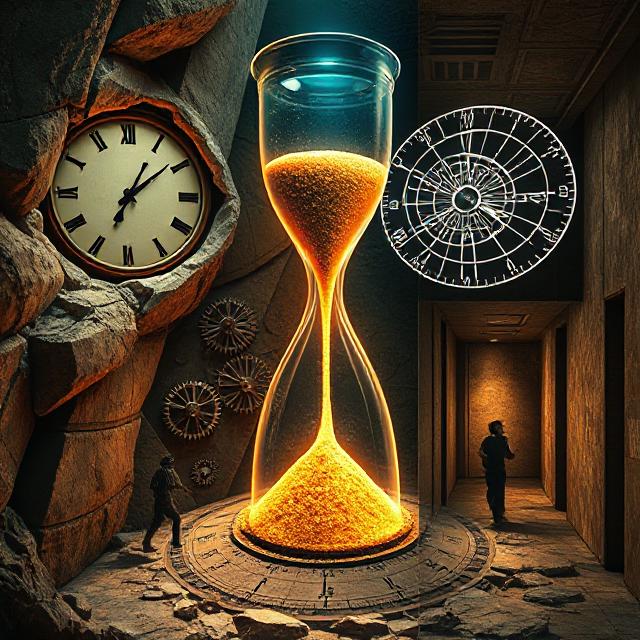
Is Time Real? Or Just a Human Construct? “Is time real?” is more than just a thought-provoking question—it’s a philosophical and scientific conundrum that has fascinated humanity for millennia. From ancient cosmologies to quantum mechanics, time remains one of the most mysterious aspects of existence. We measure it, feel it pass, and use it to…
-
What Makes Something Beautiful?
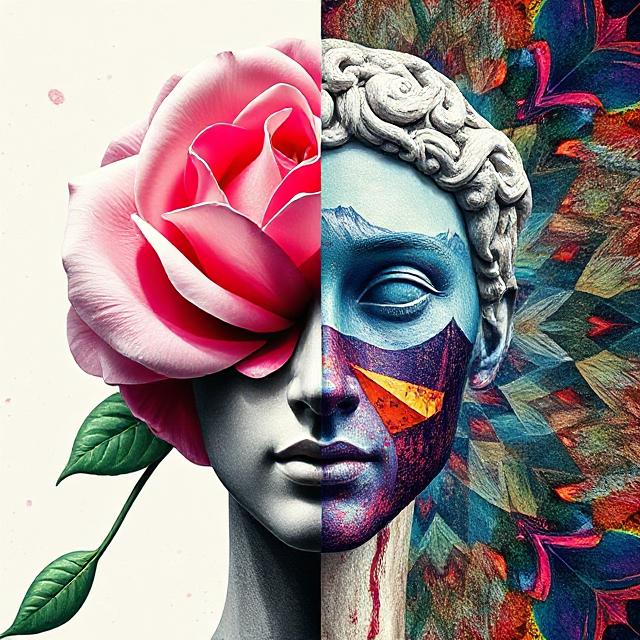
What Makes Something Beautiful? What makes something beautiful? The question seems simple—until you try to answer it. From sunsets and symphonies to mathematical equations and moral acts, beauty appears in countless forms. Yet defining it has perplexed philosophers, artists, scientists, and spiritual seekers alike for centuries. Is beauty in the eye of the beholder? Or…
-
Do Numbers Exist Outside the Mind?
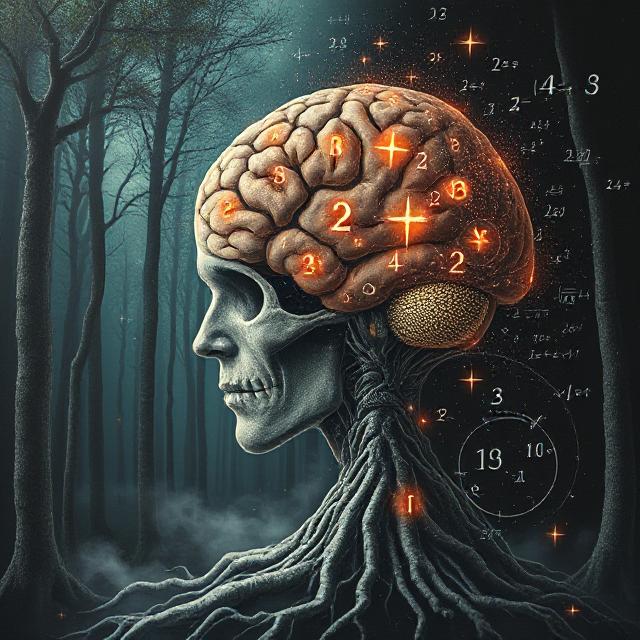
Do Numbers Exist Outside the Mind? Mathematics is often called the language of the universe. But a profound question has puzzled philosophers for centuries: Do numbers exist independently of the human mind, or are they merely mental constructs? When you think of the number 7, do you conjure an abstract entity that exists in a…
-
Is There a Best Political System?
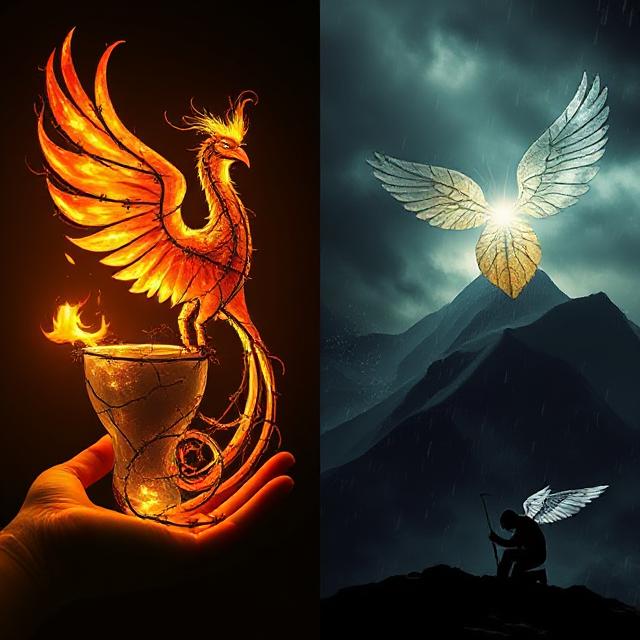
Is There a Best Political System? The question of whether there is a best political system has fascinated philosophers, political theorists, and citizens alike for centuries. Throughout history, societies have experimented with various forms of governance—from monarchies to democracies, from autocracies to anarchies—all promising order, justice, and prosperity. Yet, no universal consensus exists. In this…
-
Do We Have Free Will, or Is It an Illusion?
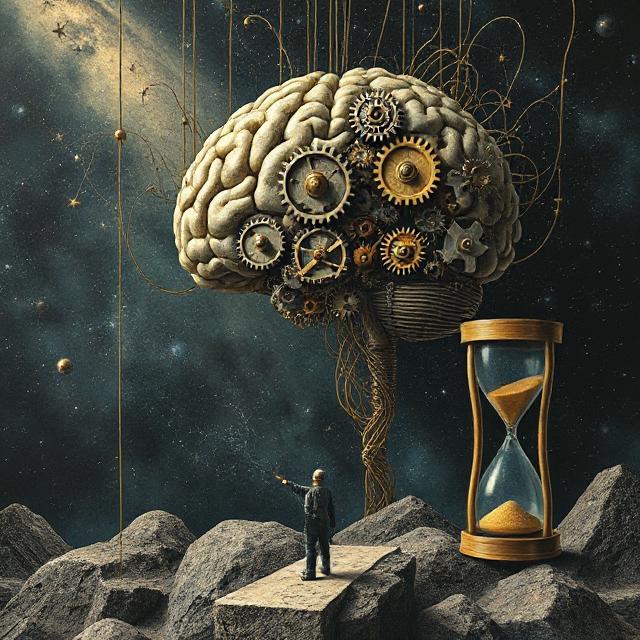
Free Will or Illusion: A Question as Old as Thought Do we truly have the power to choose—or are our decisions merely the inevitable outcomes of causes beyond our control? This question, as old as philosophy itself, cuts to the core of human identity. If we are not the authors of our actions, what becomes…
-
Is the Self an Illusion or a Constant?
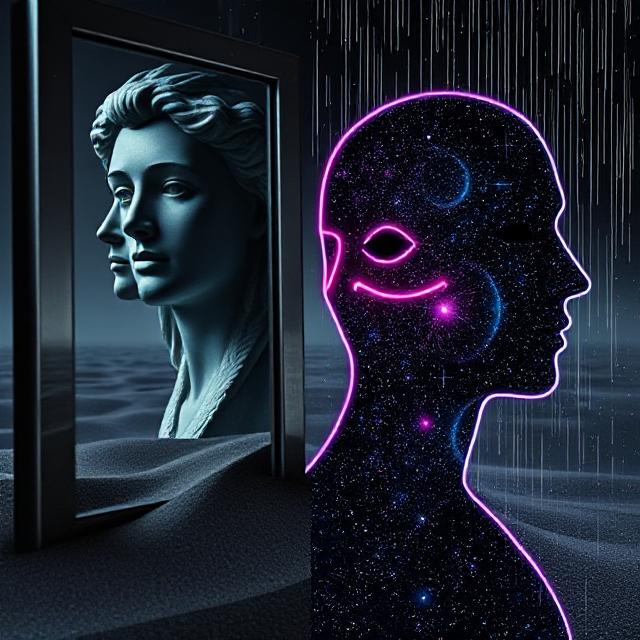
Self an Illusion or a Constant: What Are We, Really? Who are you? Are you the same person you were five years ago, or even five minutes ago? These deceptively simple questions lead us into one of philosophy’s most profound and persistent dilemmas: Is the self an illusion or a constant? Is there a fixed,…
-
Are Ethics Universal or Culturally Relative?
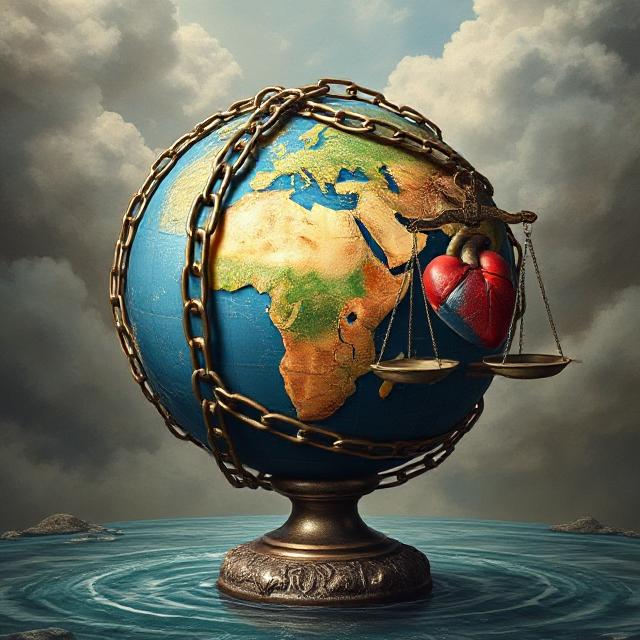
Ethics Universal or Culturally Relative: An Ancient Dilemma Are ethics universal or culturally relative? This foundational question in moral philosophy asks whether right and wrong are the same across human societies—or whether morality is simply a product of local customs, beliefs, and traditions. From the courtroom to the classroom, and across global politics and interfaith…
-
Can Life Have Meaning Without God?
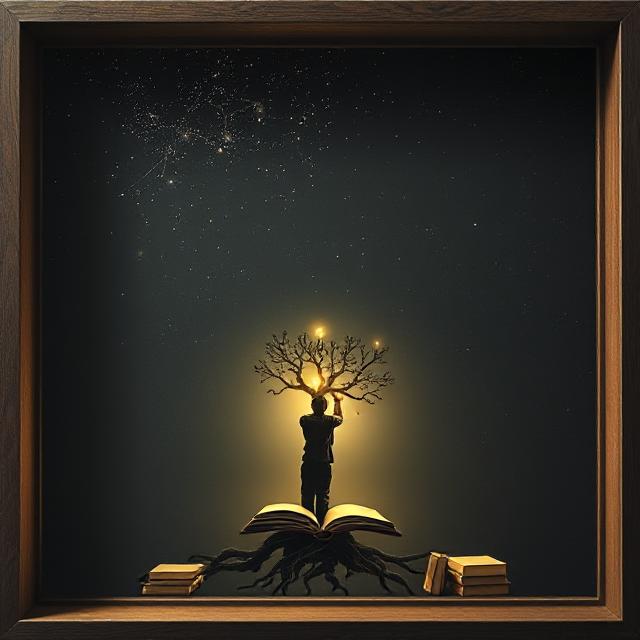
Meaning Without God: A Philosophical Inquiry Can life have meaning without God? This timeless question reaches deep into the heart of philosophy, theology, and human experience. For millennia, religious traditions have provided answers: life has meaning because it is designed by a divine creator. But with the rise of secularism, atheism, and scientific understanding, many…
